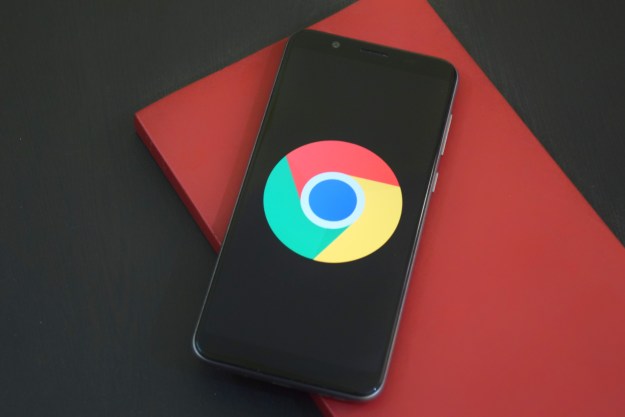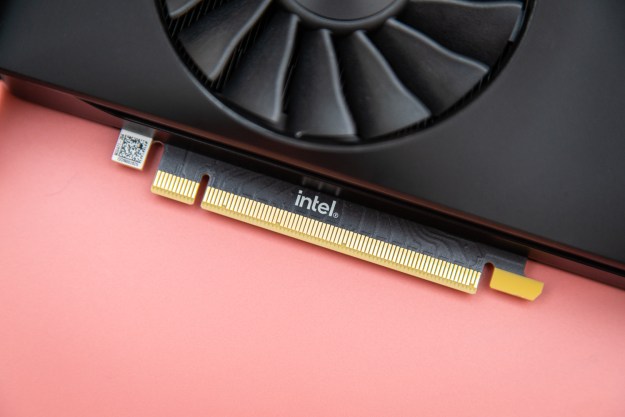
Chrome’s fresh new look is also bringing in a fresh batch of problems. For its tenth anniversary, Google gave its browser a makeover with the release of Chrome 69, but users are already reporting numerous issues. Though most like the new aesthetic, quite a few would like the option to revert back to an older build just to gain additional stability. Reports of lag, crashing, and the browser’s inability to render websites correctly are reported on Chrome for desktop and Chrome for mobile.
“Many websites are grayed out/dimmed out,” user Luke Avveduto wrote on Google’s product support forum. “I’m using a PC and my monitor is at 100 brightness. I have turned off night mode and any other programs that may turn down the brightness. This is only an issue in websites just a blank new tab and the chrome settings are the proper brightness.”
Though not an exhaustive list of user-reported problems, we’ve read user reports indicating that Chrome downloads SWF files instead of playing them, notification blocking doesn’t work, problems exist with lags when scrolling with touchscreens, websites won’t load, and there are sync issues, crashes and freezes, problems with logging in, displaying of the wrong language, inability to save passwords, and crashing when opening bookmarks or tabs.
Surprisingly, some users are also having issues loading popular websites, like Twitter and Facebook. Several users have noted that Twitter wouldn’t load in the normal browser, but will load fine when incognito mode is enabled. Other users report missing icons when loading Facebook’s site.
On Android, users have been vocal about problems with Chrome after the update. The most common complaints include crashing when opening bookmarks, lags, and error messages. Based on user reviews on the Play Store, it seems that Chrome on mobile is at least more stable than Chrome for desktop, with most users complaining about the lack of a dark-themed night mode to make it easier to browse at night as well as the inability to install extensions.
“Since the new update my Chrome has been doing all kinds of weird stuff,” one user wrote in a review posted on Google’s Play Store. “First of all I can’t even change tabs or swipe to close them, second my keyboard typing don’t show up on the search bar. The new white look also is ugly and slows down my app.”
While the white theme may boil down to user preference, those with an AMOLED screen complain that the extra bright white background greatly affects battery life. As a workaround, some users resorted to enabling incognito mode to get rid of the all-white theme.
And while it doesn’t affect stability, another design concern voiced by Android users is that Chrome 69 displays tabs up top, making it harder for users to open and close tabs on a phone. Yet, despite the many complaints, there appears to be many users happy with the update. Let us know if you experience any problems with the update and what your impressions are of the new interface design.
Editors' Recommendations
- 5 web browsers you should use instead of Google Chrome or Edge
- Google may build Gemini AI directly into Chrome
- AMD’s FSR 3 compromise just isn’t working
- Here’s yet another reminder that Incognito Mode doesn’t protect your data
- The most common Google Meet problems and how to fix them


